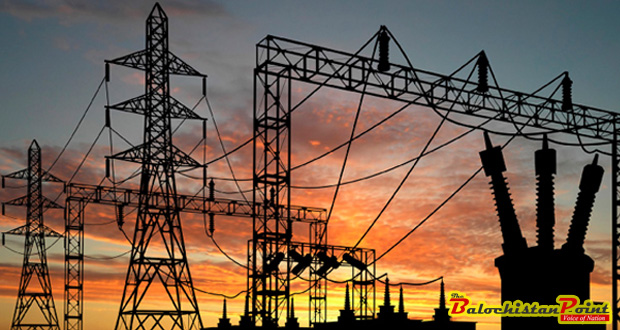Riffat Wahab Baloch
The electricity crisis has become a grave issue for the people of Gwadar. After every hour, two hours load shedding is faced by citizens, due to which the residents face many problems.
Gwadar, the tipping point for 46 billion dollars China-Pakistan Economic Corridor (CPEC) and dubbed as the new centre of business in Asia, faces the grave problem of load shedding.
100 megawatts of electricity is enough for Gwadar till upcoming 5 years but only 85 megawatts of electricity is supplied to entire Makran division. This obviously leads to long hours of load shedding.
If the federal and provincial governments want, they can provide 24 hours nonstop electricity to Gwadar because there are several ways to get electricity at a low rate but no one is interested to do so.
Iran is located very near to Gwadar, hardly 100 km way with a very clear route. Iran is ready to provide electricity at a very low rate but decision makers in Pakistan are not interested in providing relief to people of Gwadar.
Secondly, Gwadar due to its coastal location has adequate wind speed which can be used to produce electricity through wind mills. Population of Gwadar is small and the need of electricity is not too much and therefore Gwadar can fulfill its complete electricity requirements if wind mills are installed.
Besides, solar energy and hydroelectricity are easiest ways of producing electricity but unfortunately no steps are taken in this regard. The reason is that our leaders are not concerned with the well being of the local people. All mega projects are made only for the people who would come to Gwadar from other areas. Electricity, water and all basic facilities would be provided to the people from other countries but not to natives of Gwadar. Thousands of projects would be established here but the local people of Gwadar would be in the same condition.
Published in The Balochistan Point on September 22, 2015
Disclaimer: Views expressed in this article are those of the author and The Balochistan Point not necessarily agrees with them.
 Balochistan Point Voice of Nation
Balochistan Point Voice of Nation




